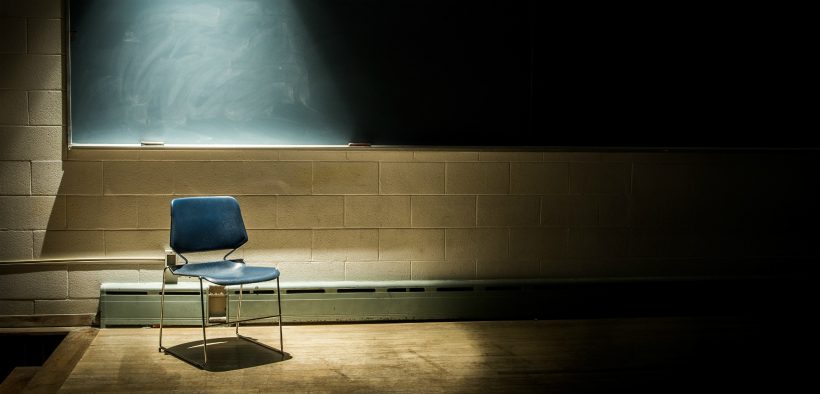Graham Broad’s piece reminded me of a short critique John Kenneth Galbraith did of his teaching: “How I Could Have Done Much Better.” The honesty of both is courageous and refreshing. Most of us were trained as content experts. We learned to teach by doing it, and not all of us are quick learners. Here’s a list of what I wish I’d learned not to do earlier in my career.
The Things I Did Badly: Looking Back on 40 Years of Teaching

Related Articles
I have two loves: teaching and learning. Although I love them for different reasons, I’ve been passionate about...
Active learning is a mostly meaningless educational buzzword. It’s a feel-good, intuitively popular term that indicates concern for...
Perhaps the earliest introduction a student has with a course is the syllabus as it’s generally the first...
Generative AI allows instructors to create interactive, self-directed review activities for their courses. The beauty of these activities...
I’ve often felt that a teacher’s life is suspended, Janus-like, between past experiences and future hopes; it’s only...
I teach first-year writing at a small liberal arts college, and on the first day of class, I...
Proponents of rubrics champion them as a means of ensuring consistency in grading, not only between students within...









One Response
I enjoyed reading this piece and found it deeply self-reflective. As a new professor, I too, see myself in some of what you wrote and hope to make positive changes in my own teaching style and procedures. The ability for me to connect the lecture learning concepts to the experimental learning for students is a focus as students do not seem to do this for themselves.